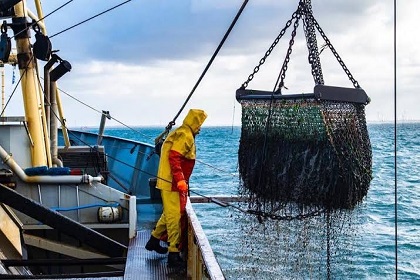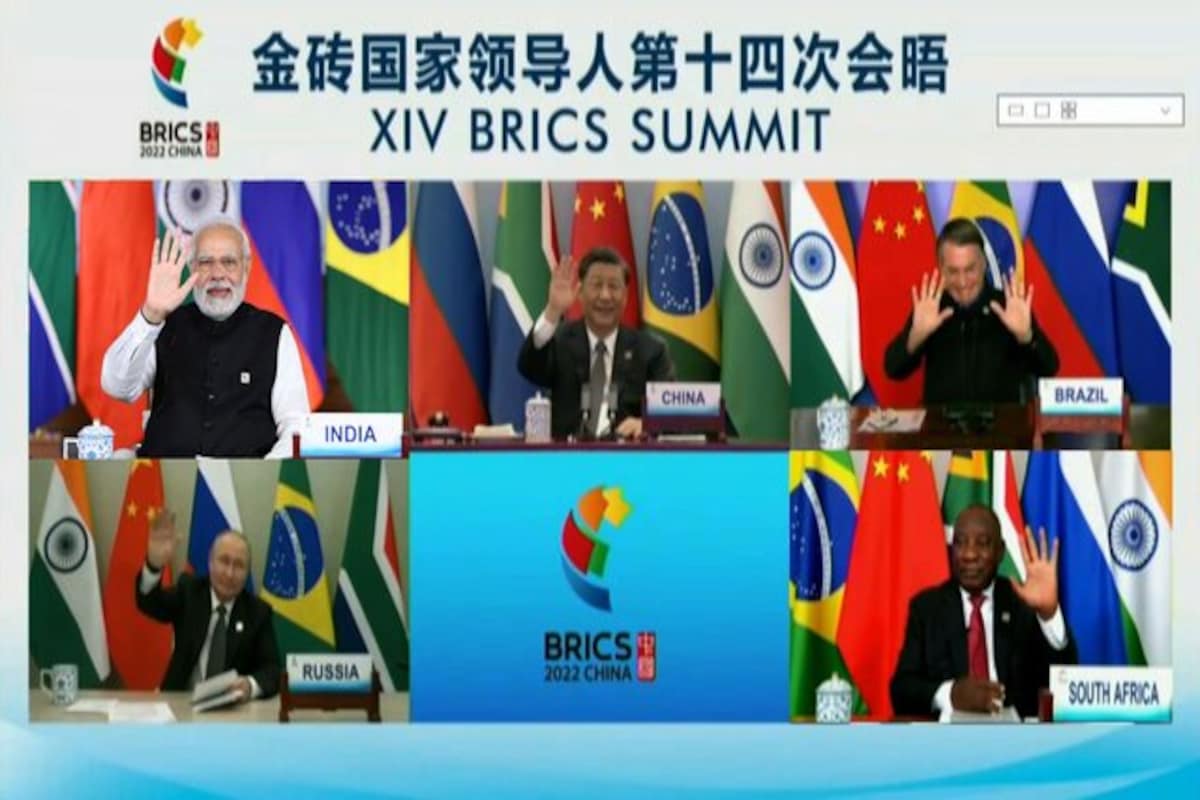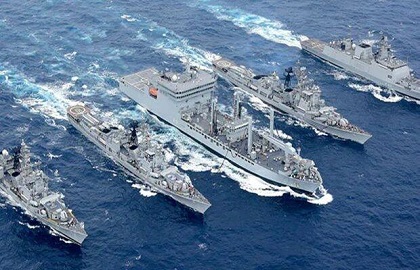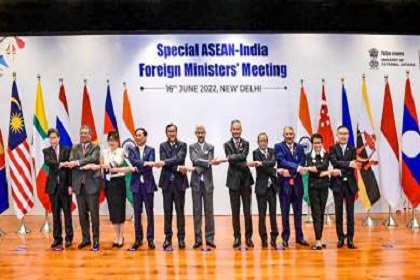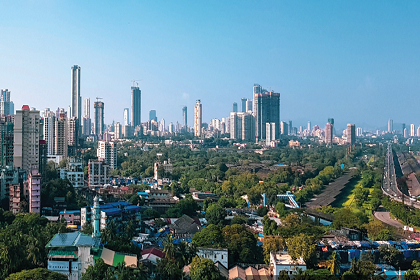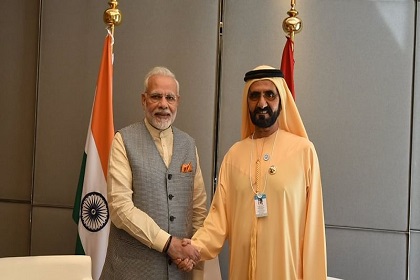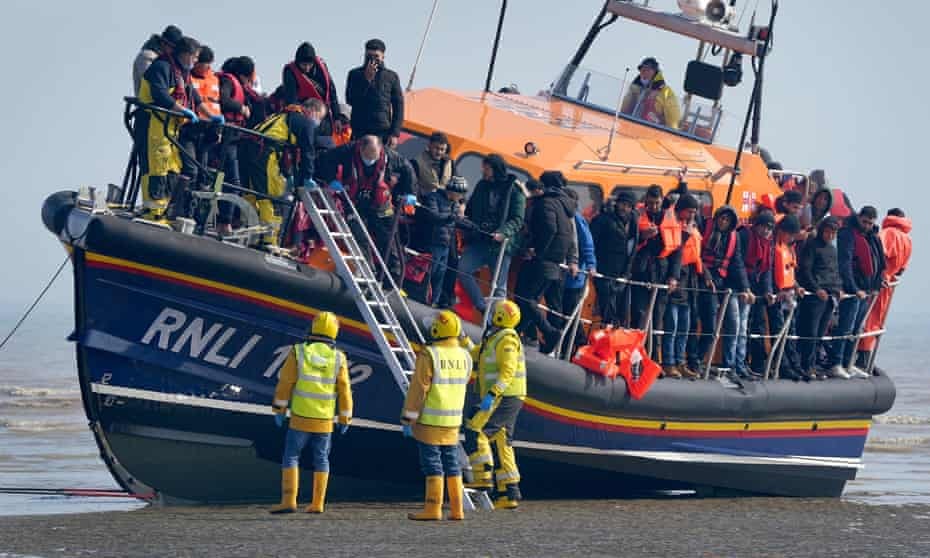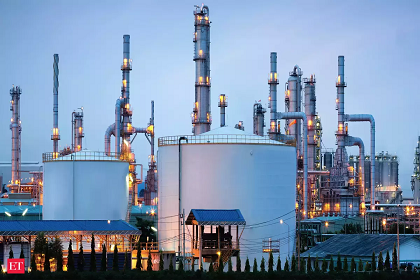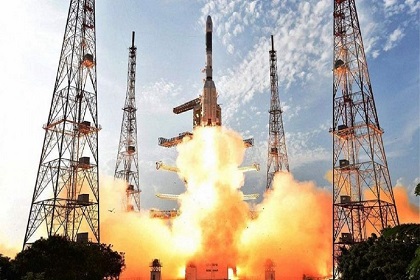Indian cyber resilience in the Indo-Pacific
During the last decade, cyber threats have steadily expanded in the Indo-Pacific in two distinct dimensions: cyberattacks by state and non-state actors, and cybercriminal syndicates. As a digitized society, India has offered its expertise and technologies to like-minded countries in the region. It must now expand its role by developing cyber norms, capacity-building and technical exchanges.


